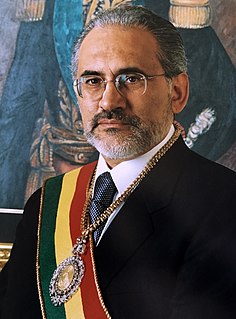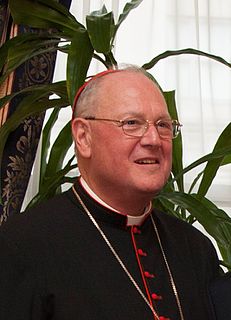A Quote by William Scranton
The value of government to the people it serves is in direct relationship to the interest citizens themselves display in the affairs of state.
Quote Topics
Related Quotes
The duty of the State toward the citizen is the duty of the servant to its master.... One of the duties of the State is that of caring for those of its citizens who find themselves the victims of such adverse circumstances as makes them unable to obtain even the necessities for mere existence without the aid of others.... To these unfortunate citizens aid must be extended by government--not as a matter of charity but as a matter of social duty.
Welfare policies never attain those - allegedly beneficial - ends which the government and the self-styled progressives who advocated them wanted to attain, but - on the contrary - bring about a state of affairs which - from the very point of view of the government and its supporters - is even more unsatisfactory than the previous state of affairs they wanted to 'improve.'
In the history of mankind many republics have risen, have flourished for a less or greater time, and then have fallen because their citizens lost the power of governing themselves and thereby of governing their state; and in no way has this loss of power been so often and so clearly shown as in the tendency to turn the government into a government primarily for the benefit of one class instead of a government for the benefit of the people as a whole.
[Persons] who are recognized as citizens in any one state of the Union [have] the right to enter every other state, whenever they pleased... full liberty of speech in public and in private upon all subjects upon which its own citizens might meet; to hold public meetings upon political affairs, and to keep and carry arms wherever they went.
Some things the legislator must find ready to his hand in a state, others he must provide. And therefore we can only say: May our state be constituted in such a manner as to be blessed with the goods of which fortune disposes (for we acknowledge her power): whereas virtue and goodness in the state are not a matter of chance but the result of knowledge and purpose. A city can be virtuous only when the citizens who have a share in the government are virtuous, and in our state all the citizens share in the government.
The true forms of government, therefore, are those in which the one, or the few, or the many, govern with a view to the common interest; but governments which rule with a view to the private interest, whether of the one or of the few, or of the many, are perversions. For the members of a state, if they are truly citizens, ought to participate in its advantages.
Even despots accept the excellence of liberty. The simple truth is that they wish to keep it for themselves and promote the idea that no one else is at all worthy of it. Thus, our opinion
of liberty does not reveal our differences but the relative value which we place on our fellow man. We can state with conviction, therefore, that a man's support for absolute government is
in direct proportion to the contempt he feels for his country.
































